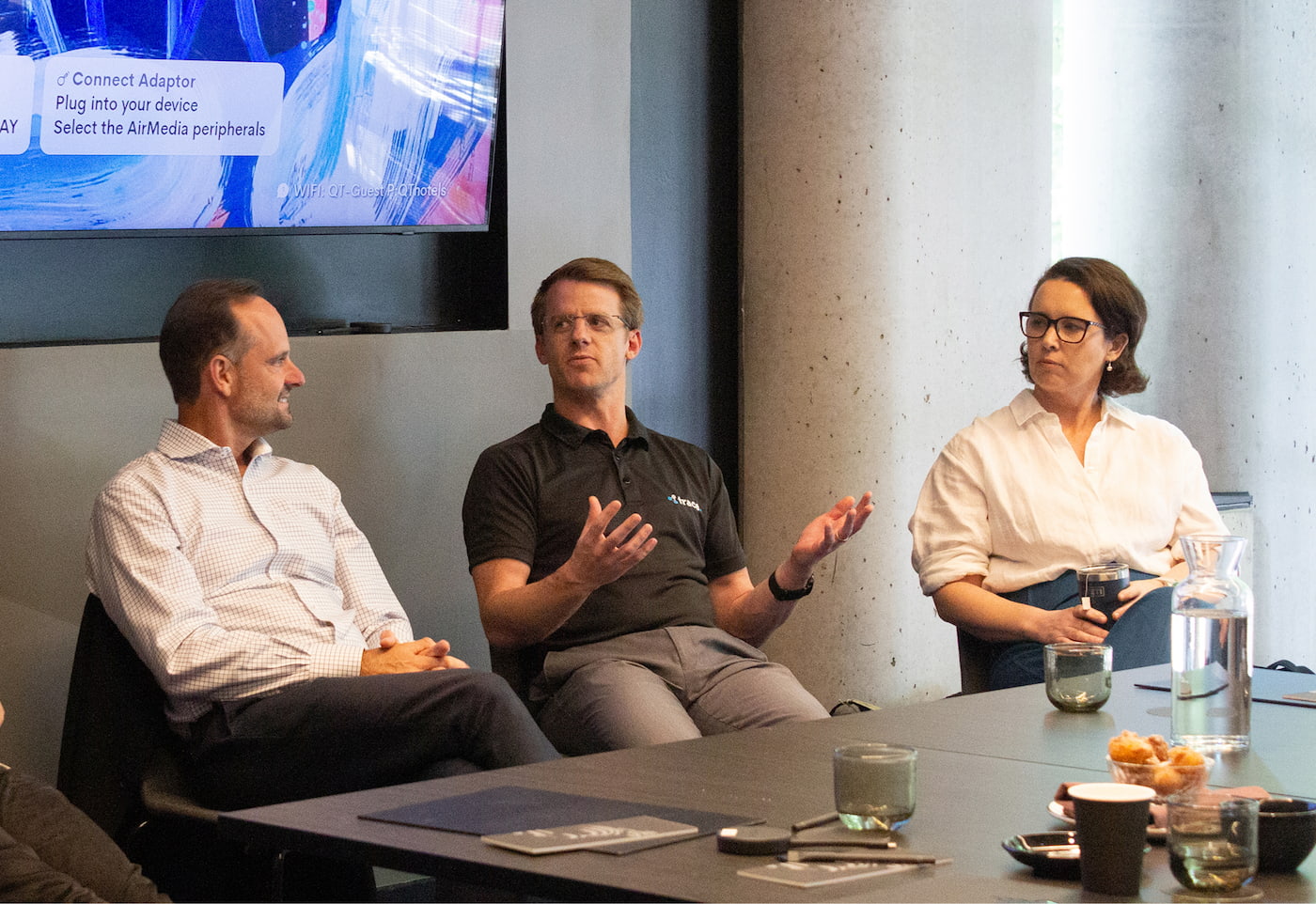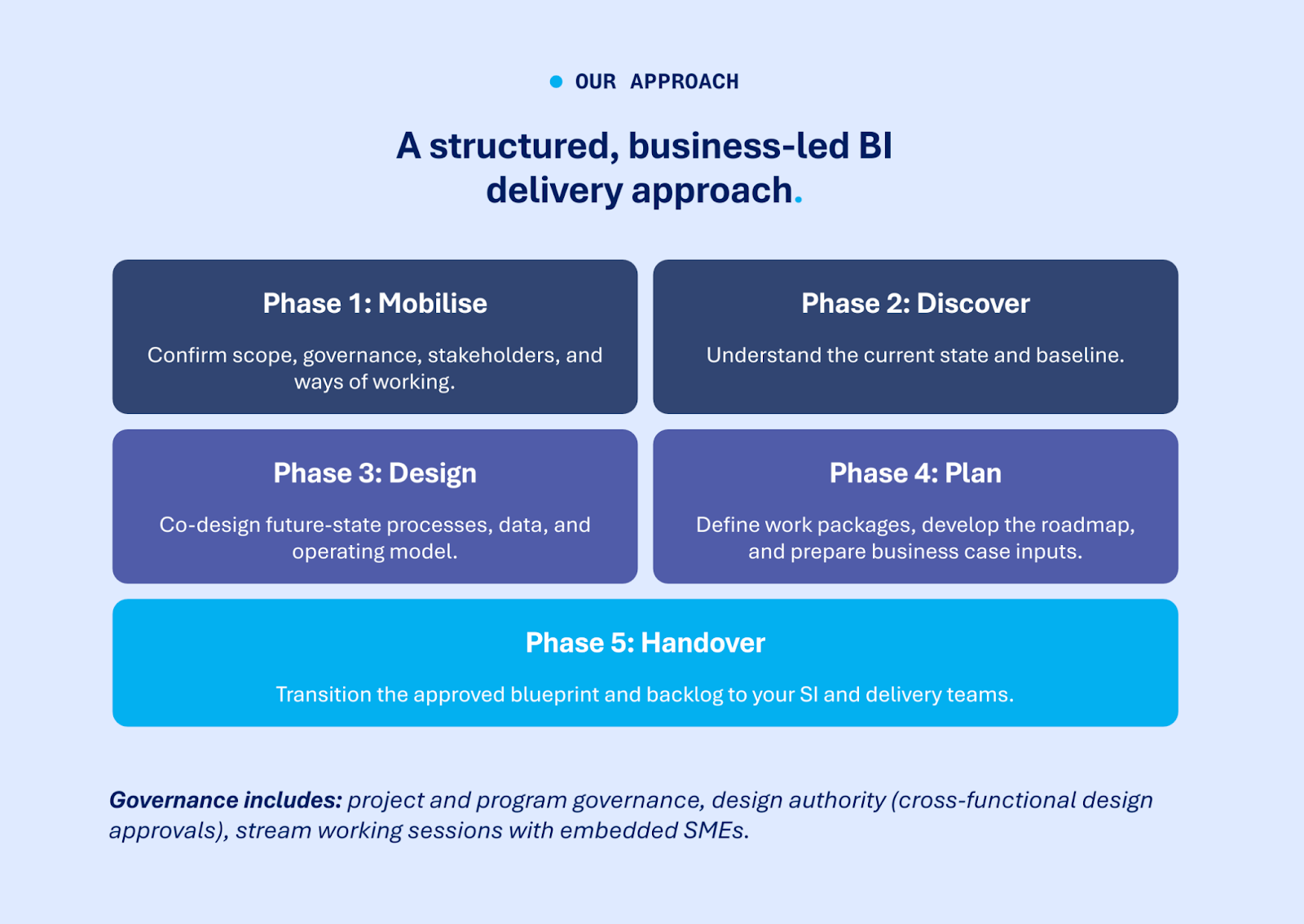Ready to turn insight into action?
We help organisations transform ideas into measurable results with strategies that work in the real world. Let’s talk about how we can solve your most complex supply chain challenges.

Australia’s convenience store market is one of the most dynamic and fast-paced retail environments. With the need to stock a wide variety of products, from groceries to household items and personal care products, convenience stores must strike a delicate balance between availability, pricing, and efficiency. To achieve this, robust supply chain management is critical.
Effective supply chain management helps convenience stores remain competitive, respond to customer demand fluctuations, manage inventory effectively, and maintain profitability. In this article, we’ll explore various elements of supply chain management for convenience stores in Australia, including demand planning, inventory management, warehousing networks, procurement, distributor networks, transport, and logistics. We’ll also discuss how Trace Consultants can help convenience store operators optimise their supply chains through technology solutions, benchmarking, strategic design, and transformation programs.
Understanding the Convenience Store Supply Chain
Convenience stores in Australia operate within a complex and fast-moving supply chain. The nature of the business, characterised by high product turnover and customer expectations for variety and availability, demands precision in managing procurement, inventory, and logistics.
Key factors that shape the supply chain include:
- Demand Planning
- Inventory Management
- Warehousing Networks
- Procurement and Distributor Networks
- Transport and Logistics
Let’s break down each element and its importance to the convenience store sector.
1. Demand Planning
Demand planning is crucial for any retail business, but for convenience stores, it is particularly challenging due to the wide product range and the volatility in customer purchasing patterns. Predicting demand accurately allows stores to stock the right products in the right quantities without tying up capital in excess inventory or suffering from stockouts.
An effective demand planning system helps stores analyse past sales data, monitor market trends, and forecast future demand. However, the complexity comes from dealing with multiple product categories, each with its own unique supply chain requirements. Perishable items like fresh food and beverages require shorter lead times, while non-perishable goods can be stocked for longer.
Convenience store operators can benefit greatly from investing in demand planning technologies that leverage artificial intelligence and machine learning algorithms to improve forecasting accuracy. Trace Consultants provides tailored solutions in this area by helping businesses implement advanced planning systems that can accurately predict demand fluctuations and adapt quickly to changing customer behaviours.
2. Inventory Management
Managing inventory is one of the most critical aspects of supply chain management for convenience stores. Effective inventory management ensures that stock is available when needed, reducing the risk of stockouts and lost sales. At the same time, it prevents the accumulation of excess inventory, which can lead to waste, especially for perishable goods.
The goal for convenience stores is to optimise inventory turnover while maintaining a balance between demand and supply. This is particularly difficult due to the narrow shelf space and the vast array of products that need to be stocked. Managing fast-moving items alongside slow-moving items requires precision, as does managing the seasonal or promotional peaks common in this sector.
Innovative technologies such as inventory management systems (IMS) can assist convenience stores in tracking inventory levels, identifying slow-moving products, and ensuring optimal reorder points. With Trace Consultants' expertise, stores can implement best-in-class IMS technologies that provide real-time data on stock levels, enabling quick responses to demand changes. Furthermore, Trace can help develop strategies for reducing working capital tied up in inventory without sacrificing service levels.
3. Warehousing Networks
Convenience stores typically rely on centralised or decentralised warehousing networks to ensure that products are available when needed. Efficient warehousing is vital in ensuring fast replenishment and minimising transportation costs. The choice between using a centralised versus decentralised warehousing model depends on a store's location, size, and the range of products it offers.
A centralised warehouse model allows for better control over inventory and procurement processes, while decentralised warehousing, often closer to the point of sale, allows for faster restocking and improved customer service. For convenience stores spread across large geographic areas, finding the right balance between centralisation and decentralisation is crucial.
Effective warehouse management systems (WMS) can improve picking, packing, and shipping processes within the warehouse, helping to reduce operational costs while improving service levels. Trace Consultants specialises in warehouse network optimisation, ensuring that convenience stores can streamline their warehousing processes and choose the best model based on their operational requirements. Their services include not only the strategic design of warehouse networks but also cost-out programs aimed at enhancing overall efficiency.
4. Procurement and Distributor Networks
Procurement is the lifeblood of any retail business, and convenience stores are no exception. Managing procurement relationships with suppliers and distributors is essential to maintaining a steady supply of products. Convenience stores often source goods from multiple suppliers, both local and international, and this complexity makes procurement a critical aspect of their operations.
In addition, forming strong relationships with distributor networks helps convenience stores access products at competitive prices and maintain flexibility in response to supply chain disruptions. The recent COVID-19 pandemic and geopolitical events have underscored the importance of a resilient and flexible supply chain, highlighting the need for alternative sourcing strategies when traditional supply routes are disrupted.
Trace Consultants can help convenience stores optimise their procurement and distributor networks by offering supplier benchmarking services, cost reduction strategies, and solutions for improving supplier relationships. By applying rigorous analysis and strategic design, Trace helps convenience store operators reduce procurement costs while maintaining the flexibility needed to navigate supply chain risks.
5. Transport and Logistics
The final link in the supply chain is transport and logistics, which play a crucial role in ensuring that products are delivered to convenience stores in a timely manner. Efficient logistics operations help to minimise costs, reduce lead times, and improve product availability.
In the context of convenience stores, transportation is often decentralised due to the vast number of stores across different locations. As a result, the cost and efficiency of transportation become even more important, as delays or high transport costs can erode profitability.
Effective transport management includes route optimisation, carrier selection, and fleet management. By leveraging technology solutions such as transport management systems (TMS), convenience store operators can optimise delivery routes, reduce fuel consumption, and ensure timely deliveries.
Trace Consultants provides tailored solutions to help stores optimise their transport and logistics operations. Their expertise in transport benchmarking and strategic reviews ensures that businesses can continuously improve their logistics processes, reducing costs while improving service levels.
How Trace Consultants Can Help Convenience Stores
Convenience stores face unique challenges when it comes to supply chain management, but with the right strategies and tools, they can optimise their operations and maintain competitiveness. Trace Consultants offers a wide range of supply chain solutions that are tailored to the specific needs of convenience store operators in Australia.
- Technology Solutions
Trace Consultants provides access to cutting-edge technology solutions that help stores optimise demand planning, inventory management, and transport operations. Their advanced planning systems, WMS, IMS, and TMS solutions are designed to give stores real-time visibility into their supply chains, enabling quick responses to market changes. - Benchmarking
Benchmarking is an essential component of supply chain optimisation. Trace Consultants offers benchmarking services that allow convenience stores to compare their supply chain performance with industry standards. Through this process, they identify inefficiencies and provide recommendations for improvement. - Strategic Design
Effective supply chain management requires a clear and strategic approach to design. Trace Consultants specialises in the strategic design of supply chain networks, including warehousing, procurement, and transport. Their focus is on ensuring that convenience stores have a robust supply chain that supports growth and profitability. - Cost-Out Programs
Cost reduction is a key priority for many convenience store operators, especially in today’s competitive market. Trace Consultants offers cost-out programs that help stores identify opportunities for cost savings across procurement, warehousing, and logistics operations. These programs are designed to improve operational efficiency without sacrificing service levels. - Transformation Programs
Supply chain transformation is often necessary to keep pace with changing customer demands and market conditions. Trace Consultants offers end-to-end transformation programs that enable convenience stores to re-engineer their supply chain processes and adopt new technologies. These programs focus on driving long-term improvements in supply chain performance and profitability.
The Role of Sustainability in Convenience Store Supply Chains
Sustainability is becoming an increasingly important aspect of supply chain management, and convenience stores are no exception. Customers are now more conscious of environmental issues and expect businesses to act responsibly in terms of sourcing, packaging, and logistics.
Sustainable supply chain practices include reducing carbon emissions in transport, minimising waste in procurement and packaging, and sourcing goods ethically. Convenience store operators that adopt sustainable supply chain practices can improve their brand image, attract eco-conscious customers, and often reduce costs by eliminating waste.
Trace Consultants is at the forefront of helping convenience stores integrate sustainability into their supply chains. From optimising transport routes to implementing sustainable procurement practices, Trace provides the expertise needed to transition towards a more environmentally responsible supply chain model.
Effective supply chain management is crucial to the success of convenience stores in Australia. From demand planning to procurement, warehousing, and logistics, each element plays a vital role in ensuring that products are available to customers at the right time and price.
With the complexity of managing a diverse product range and responding to market changes, convenience stores must invest in advanced supply chain technologies and strategies to remain competitive. Trace Consultants provides the expertise and solutions needed to optimise supply chain performance across all areas, including technology implementation, benchmarking, strategic design, and cost reduction.
As convenience store operators continue to navigate an ever-changing market, working with experienced supply chain consultants like Trace can help them drive operational efficiency, reduce costs, and improve service levels—ultimately supporting long-term success in the retail space.
Contact us today, trace. your supply chain and procurement consulting partner.
Ready to turn insight into action?
We help organisations transform ideas into measurable results with strategies that work in the real world. Let’s talk about how we can solve your most complex supply chain challenges.












